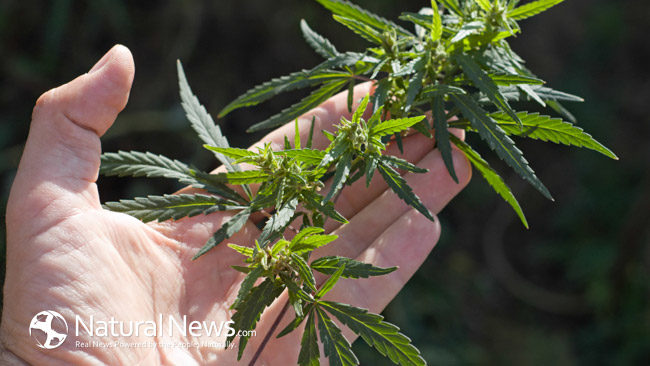THC, or tetrahydrocannabinol is one of the many compound found in the resin secreted by glands of the marijuana plant. It is the main ingredient in marijuana and found inside in the bud or flower of the female cannabis plant.
THC is created when a plant-produced precursor, a cannabinolic acid, and loses a carboxyl group due to heat i.e. sun, cooking, burning, etc and becomes tetrahydrocannabinol (THC).
Cannabis plants is natural defense against predators and disease. The potential medical uses of cannabis’ psycho-active ingredient THC including pain relief, cancer inhibition, glaucoma, epilepsy and delay of Alzheimer’s disease etc.
8 Evidence Based Medical Benefits Of THC
Analgesia (Pain Relief)
THC is the ingredient in marijuana responsible for its pain-relieving effects. Studies show that THC activates pathways in the central nervous system which work to block pain signals from being sent to the brain. Hence, we feel no pain.
Asthma
It is found that THC’s improve breathing in asthmatics. Some study show that smoking marijuana could help calm asthma attacks and scientists tried to develop an inhaler that could deliver THC. While the THC inhaler idea was ultimately abandoned, some say vaporizers might be the good solution.
AIDS
More recently, scientists found that THC might have a helpful function: stopping the spread of HIV in monkeys. According to researchers, monkeys that were treated with high THC doses on a daily basis had more healthy cells than those who did not.
Glaucoma
Another benefit of THC recognized early on was its potential to relieve eye pressure in patients with glaucoma. It was observed that cannabis reduces intraocular pressure. Cannabis decreases intraocular pressure by an average 25-30%. Studies showed when smoked marijuana it lowered intraocular pressure (IOP) in people with normal pressure and those with glaucoma.
Epilepsy
British study from the University of Reading found that marijuana can help those suffering from epilepsy.THC has anti-convulsant properties. The researchers determined that it could potentially lead to an effective treatment with no side effects.
Multiple Sclerosis
Marijuana may ease painful symptoms of multiple sclerosis, a study published in the Canadian Medical Association Journal in May suggests. The THC in the pot binds to receptors in the nerves and muscles to relieve pain. Other studies suggest that the chemical also helps control the muscle spasms.
Diabetes
Scientists from the National Health and Nutrition Examination Survey found a correlation between Type 2 diabetes and marijuana. One of the most common risk factors for diabetes is insulin resistance and the researchers found that the active ingredient in marijuana, tetrahydrocannabinol (THC), may help the body take in insulin.
Alzheimer’s Disease
Study found that marijuana (specifically, THC) has the ability to block an enzyme that is responsible for creating the amyloid plaque–what kills brain cells in patients of Alzheimer’s. The study also found that marijuana prevents protein clumps that can inhibit cognition and memory.
References:
idigitaltimes.com /businessinsider.in /leafscience.com
Also from author:





